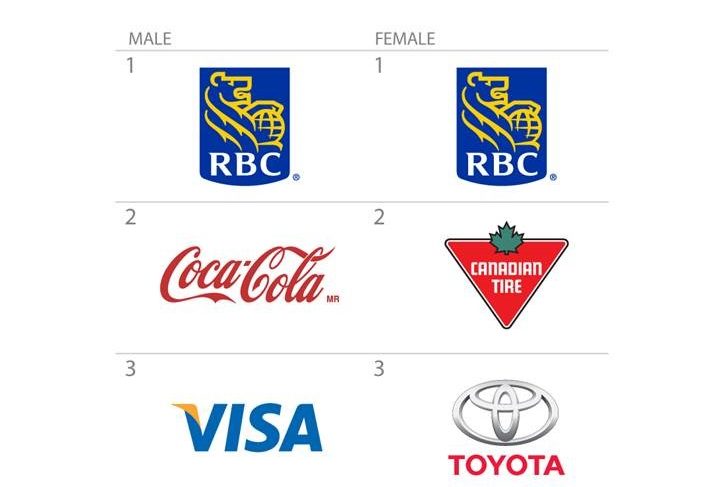
TORONTO – The Pyeongchang Winter Olympic Games did a good job capturing imaginations this winter generating strong Canadian audiences for sponsors and advertisers on TV, digital and social channels according to a new report from Toronto’s Solutions Research Group.
According to the survey, three-in-four Canadians (75%) said they followed at least some of the Olympics on any platform (TV, digital, social or mobile sources). While this is a strong majority overall, it fell short of the 82% level who said they followed at least some of Sochi Winter Olympics based on a comparable SRG post-event survey of 1,000 Canadians in 2014.
Engagement levels with Pyeongchang were also somewhat lower than Sochi. Forty-eight percent said they followed the Pyeongchang games ‘very’ or ‘somewhat closely,’ compared to 56% who said the same in 2014 for Sochi.
The lack of NHL star power at the Olympics this time around, a greater time zone difference and increased competition for prime time TV viewing from over-the-top services and others may have been contributing factors, says the report.
The biggest decline was among Gen Z and Millennials – only 41% of those 12-29 said they followed the Olympics ‘very’ or ‘somewhat ‘closely, down from 53% in 2014 in that age group, a 12-point decline. Decline in the older (30+) age group was smaller, to 50% from 56% for Sochi.
The Sports Marketing Report – Pyeongchang 2018 Edition, is based on 1,000 interviews conducted nationally since the end of the Games.
RBC was the top advertiser in unaided recall metrics for Pyeongchang, up from the number three spot in Sochi when it was behind McDonald’s and Coca-Cola. Nearly one-in-four (24%) of those following the games mentioned RBC on an unaided basis and the bank was followed, in order, by Coca-Cola, Canadian Tire, Visa, and Toyota. Other Canadian Olympic sponsors that made it to the top 10 list include Bell (#6) and Petro-Canada (#10).
Among other notable findings of the research:
- TV was king for keeping up with the games, with 72% saying it was the most important source for following the Olympics overall and 28% saying it was a mobile device or a laptop/PC. While TV’s lead over mobile/digital continues to be very large, the gap has narrowed somewhat from the 2014 results when 78% said TV was the most important source.
- Mobile and online were prime for younger demographics, not surprisingly and especially the 18-29 age group where 52% said digital and mobile devices were most important in how they followed the Olympics vs. 48% saying the same for TV.
- Search was important in helping fans engage with the Olympics – overall 68% said they searched something related to the Olympics in the two-week period, with 40% searching something about the sports, athletes, standings or schedules on multiple occasions.
- Top sports followed in order were: hockey, figure skating, snowboard, curling and speed skating.
- CBC received a stellar grade on the overall job they did, averaging an ‘A.’ 63% of those following the games gave the CBC an A+ or an A while 22% gave it a B+. This was comparable to than SRG’s 2014 benchmark for Sochi: at that time, 66% gave the broadcaster an A+ or an A.
For more, go to www.srgnet.com



